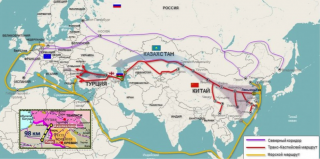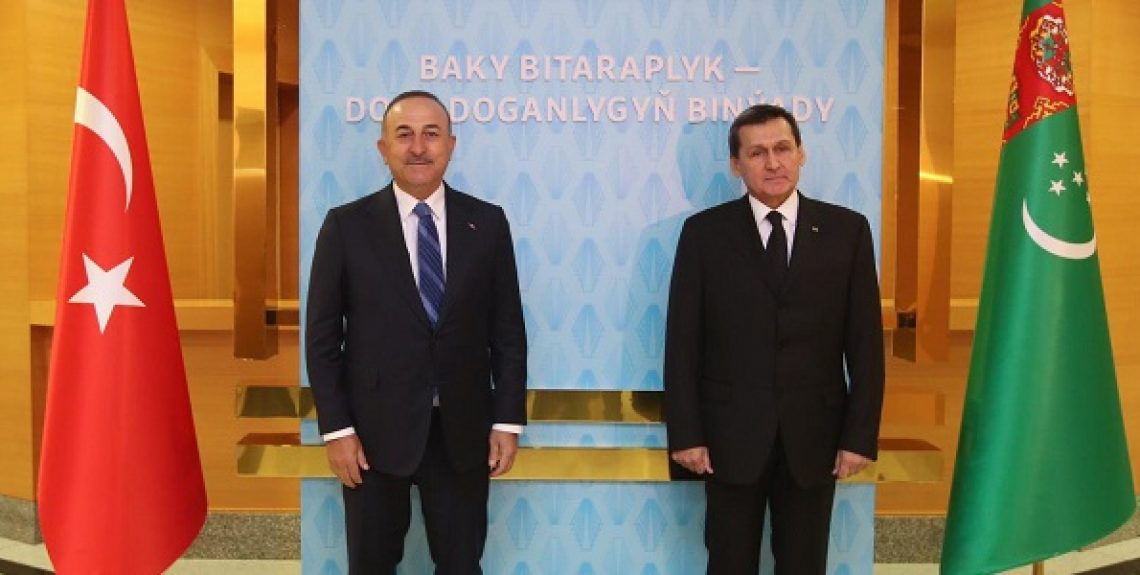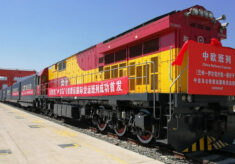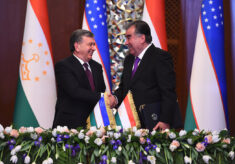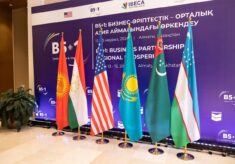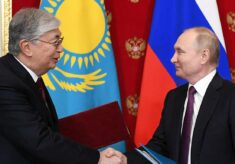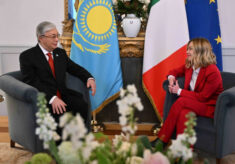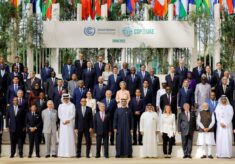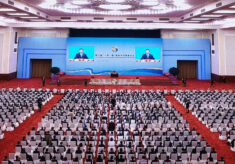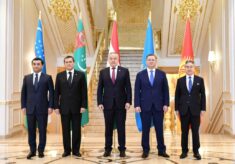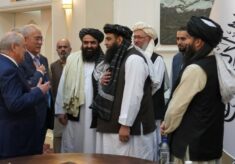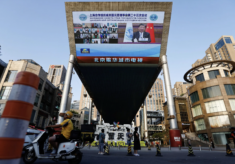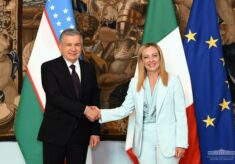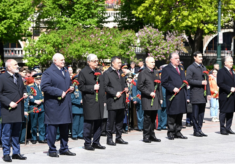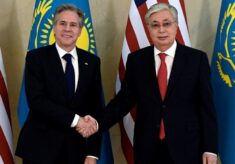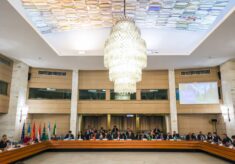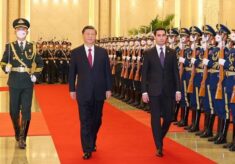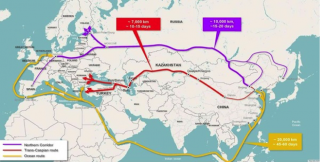
In the last months, Turkey and Iran have adopted a renewed “look-at-East” foreign policy, aimed at enhancing cooperation with Central Asian republics within the reshaped post-Covid 19 geopolitical scenario. Presumably it will be characterized by emerging security issues – linked to the US decision to withdraw troops from Afghanistan – and the opening of the East–West trade and energy corridors (mainly crossing Azerbaijan and Turkey but also Iran).
Since 1991, Turkey and Iran have tried to extend their geopolitical influence in the independent Central Asia, exploiting the pre-existent cultural, linguistic and religious links. However, Teheran and Ankara cannot compete with traditional regional superpowers Russia and China in terms of economic investments and providing a security umbrella against destabilising threats, so their ambitions in the region were marginalized. In order to reduce this Sino–Russian influence and to diversify their foreign policy, at present Central Asian republics look at Turkey and Iran as promising and reliable partners. Given their geographic position as strategic bridges between Asia and Europe, an enhanced cooperation will lead to open new alternative trade and energy routes allowing Central Asian goods and hydrocarbons to reach EU markets by land or by sea through Iranian ports.
In March, the Turkish Foreign Minister Cavusoglu made a diplomatic tour in Uzbekistan, Turkmenistan and Kyrgyzstan with the aim of bolstering existing relations: Turkmenistan is Ankara’s main trade partner in Central Asia, and the recent deal between Ashgabat and Baku on the Dostluk energy field could really pave the way to realizing the TransCaspian gas corridor, that will be connected with the existent Trans Anatolian gas pipeline, so forming the EU-backed Southern Gas Corridor.
Another key purpose of Turkey was to develop cooperation with Uzbekistan, which appears very interested in increasing military cooperation in order to buy defence products and modern technology from Turkish companies, especially after the impact of Turkish-produced weaponry on Azerbaijan’s success during the recent war in Nagorno-Karabakh (Emil Advaliani, Turkey’s Return to Central Asia, RUSI Commentary, April 1, 2021, https://rusi.org/commentary/turkey%E2%80%99s-return-central-asia ). Uzbekistan and Turkey are also working for a free trade agreement which will be further implemented through a concrete involvement of Uzbekistan in the Baku-Tbilisi-Kars railway corridor.
